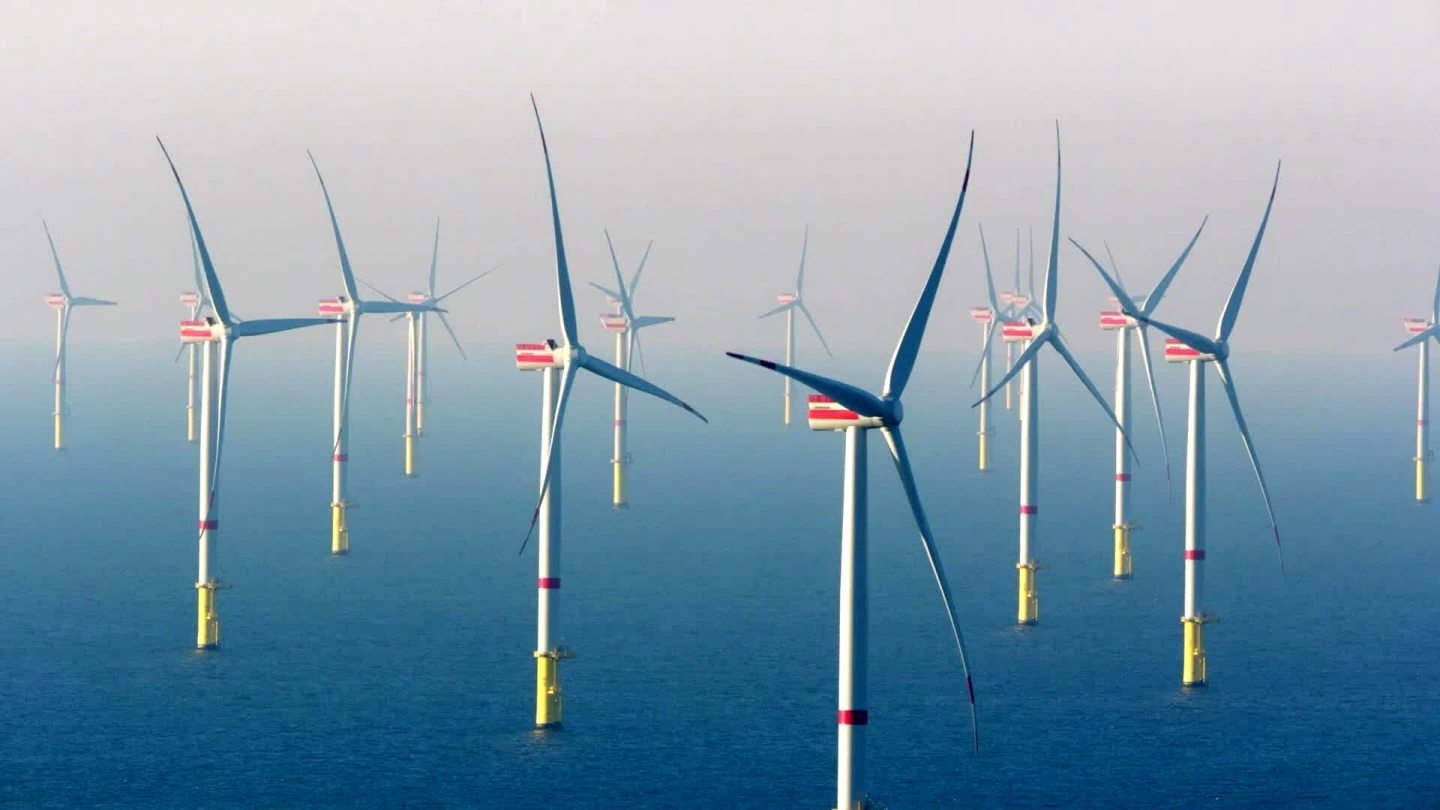This might potentially be a bit too progressive for some, however I believe there’s a possibility that the significant advancement in offshore wind is in dire jeopardy of halting abruptly and for the consumer, this may not be an unfavorable outcome.
In fact, the more I contemplate it, the more I suspect that it could turn out to be beneficial.
Why? Well, let’s tackle the straightforward part first. For Scotland, the economic advantage of offshore wind is exceedingly limited and if the offshore wind industry vanished overnight, it wouldn’t be as significant a loss for us as it would be for countries like Denmark, Germany, and of course, China.
You may debate that amongst yourselves, but regardless, what is more likely to apply the brakes on offshore wind is that the expenses associated with offshore wind projects have surged dramatically and it’s increasingly challenging to see profitability without substantial government assurances, and yet the minimal strike price offered by governments under contracts for difference hasn’t been sufficient to sustain that.
This is the reason the Danish Energy Agency did not receive a single proposal for any of the three offshore wind farms last month.
However, the other significant and practical issue is that wind energy output is inconsistent and suffers from what the Germans – who are quite successful in manufacturing offshore wind equipment by the way – refer to as “dunkelflaute.”
It’s a wonderful German term that characterizes a span of time when there is little to no wind and minimal sunlight, thus rendering electricity generation nearly impossible.
It has been like that in Aberdeenshire recently due to a large high-pressure system sitting above us which, on the day I’m writing, has also produced some quite dense fog. So not much solar energy either.
In fact, the UK electricity mix at the time of writing indicated that wind was contributing only 2.2% out of a total of 42GW.
Consequently, gas is bearing most of the responsibility and accounts for 65% of all generation, leading to higher prices. Germany reportedly had to restart some coal-fired power stations.
However, just before the dunkelflaute hit us, approximately 70,000 homes in Wales lost power as Storm Darragh surged in from the Atlantic.
Some households still hadn’t had their power restored after five days. Of course, severe storms necessitate shutting down wind generation to prevent turbine damage.
So, there’s no advantage from wind in bad weather or when there’s no wind, and yet as a recent Energy Voice article explained, “The latest figures from data platform Elexon Insights show that the UK has lost £1 billion in surplus wind power” so far this year due to a practice known as curtailment, which occurs when wind farms are compensated to shut down if the grid is at capacity.
This means energy is wasted because we have no alternative use for it, we can’t transfer it to where it might be required, and we can’t store enough of it.
The solution, according to the electrify everything lobby, is to modernize and expand the grid and construct additional storage. Oh, and keep our gas-fired – coal-fired in Europe – stations just in case.
Aside from the exorbitant cost of doing that, erecting pylons and constructing substations across the nation is hardly appealing unless you’re a stakeholder in an electricity supply company or a major player in the grid supply chain.
And by the way, battery storage will only provide you with a few hours at best and isn’t designed to assist the consumer but to help balance and stabilize the grid if necessary. It’s useless to those whose local supply has been interrupted by wind or snow.
It’s taken me some time to arrive at this point, but I now believe offshore wind is not the solution for consumers in the new energy era, but going “off-grid” utilizing small solar and small wind with hydrogen storage designed for at least a couple of weeks, as many in Europe have already discovered, is. Governments need to reevaluate this strategy.
And let’s be straightforward, more wind and an expanded grid won’t reduce prices because we have to pay for it. But if I’m going to have to pay anyway, I’d prefer to invest in something that I have control over, provides me with energy security and resilience, and ensures I’ll never have to pay another electricity bill.
If you want affordable electricity, then generate it yourself, either as an individual or as a community.
The electricity supply companies won’t appreciate it, but who cares? Consumers are more important. Utilize solar, small wind, local tidal, or hydropower with some hydrogen storage instead. It’s the 21st-century approach!

